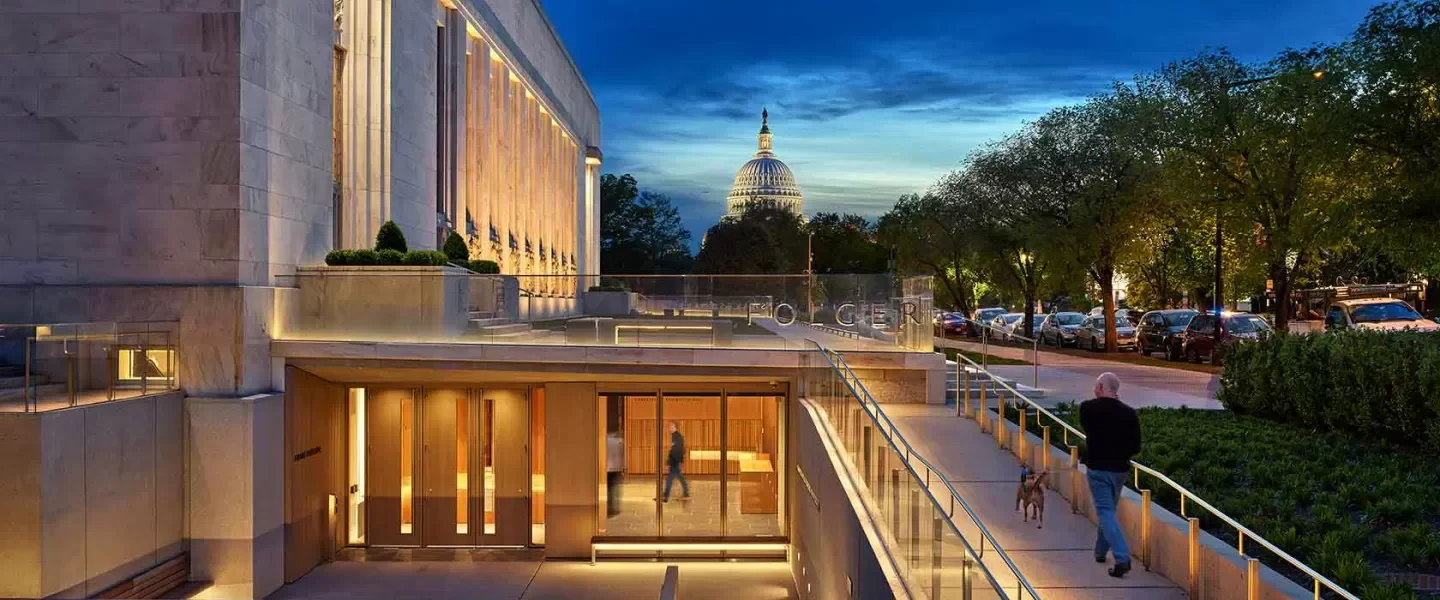hometown D.C.
By Ben Everidge for Thomas
Photo Credit: Washington DC
Hometown: Washington, D.C.
The Capital That Governs Others, but Struggles to Govern Itself
Stepping Into D.C., Today
If you walked into Washington, D.C. this morning, stepping off the Metro at Union Station or arriving at a suburban border crossing, you’d sense a city caught between its own past and the next inflection point. You would see federal buildings and monuments towering. Still, you would also see neighborhoods in motion: cafés full at 7 a.m., independent bookstores waking, street murals bearing the stories of communities long left behind by power. You might ride past boarded-up storefronts or construction cranes; you might pass demonstrations, or residents speaking in hushed tones about whether their votes ever count in the halls of power.
That tension – between grandeur and gridlock, between national purpose and local interests – is D.C.’s living paradox. It’s a city that carries the weight of history while still waiting for its own rights.
What’s Good with D.C.
Civic and institutional gravity. D.C. houses some of the world’s most powerful institutions: the Congress, the White House, the Supreme Court, federal agencies, think tanks, and NGOs. That centrality draws talent, grants, and intellectual firepower.
Cultural and demographic dynamism. The city is richly diverse. Neighborhoods like Adams Morgan, Shaw, and Capitol Hill reflect evolving waves of immigration, artistic renewal, and community efforts to reclaim local identity.
High-performing local systems. In many respects, D.C.’s regional services, public transit, and civic infrastructure exceed expectations given the constraints. Schools have reformed, and pockets of excellence exist; city agencies often innovate under pressure.
A persistent fight for democracy. The statehood movement calls for full representation in Congress, and legal activism for Home Rule remains a potent force. D.C. residents know their own rights better than many.
What’s Bad with D.C.
Lack of full self-governance. Congress retains ultimate authority over the District’s budget, laws, and courts. Even when D.C. passes legislation, it can be vetoed or overruled. That stunts local accountability.
Inequality and displacement. Rising housing costs and gentrification push out long-time residents. Some neighborhoods have endured decades of under-investment in infrastructure, environmental health, transit, and public services.
Fragmented political power. The federal-local overlap is dense and often conflicting: federal law enforcement, federal property, metropolitan control, and city control all intersect. That makes direction messy.
Vulnerability to federal overreach. In August 2025, the Trump administration deployed National Guard troops and federalized the D.C. Metropolitan Police Department under a rarely invoked “emergency” clause.
o Through Executive Order 14333, the Metropolitan Police Department was shifted from city control to federal control under Section 740 of the D.C. Home Rule Act, effective for 30 days pending congressional approval.
o About 800 Guard members were deployed, supported by troops from multiple states.
o The administration claims the move was necessary to tackle rising crime, though city and federal data show that violent crime had been trending downward and was at multi-decade lows.
o Legal objections followed immediately from D.C. officials and civil rights groups, arguing the deployment undermines Home Rule and violates constitutional limits on military involvement in policing.
o The long-term consequence may reach beyond D.C.: if the precedent is permitted, federal intervention in city police forces could be extended to other urban centers.
Those events revealed one thing clearly: D.C. remains politically vulnerable.
What’s Fun in D.C.
Jazz in U Street clubs, cultural festivals in local parks, mural walks in Shaw, brunch in Columbia Heights, D.C. has its own local rhythm beyond the beltway.
Museums (often free), monuments, public art, waterfronts, and food scenes continue to attract locals and visitors alike.
The city has become a creative incubator: musicians, artisans, social entrepreneurs, grassroots organizers, all kinds of people who rebuild democracy from neighborhoods upward.
What the Political Future Holds for D.C.
Statehood, or something like it. The statehood movement remains central. The recent federal intrusion may strengthen local resolve and encourage more citizens to engage in activism.
Negotiation over oversight. D.C. will have to navigate how much federal oversight is acceptable, especially in policing, security, and homeland missions, without relinquishing legitimacy.
Redefining safety vs. civil rights. The 2025 takeover shows that security and civil liberties will be contested ground. Whoever governs D.C. must show how to keep streets safe and rights intact.
Aligning with national power while preserving local voice. Because D.C. hosts many national institutions, its local politics will always intersect with federal interests. Political leadership must maintain local priorities in that environment.
Civic renewal as survival. Beyond statehood and policing, the real future of D.C. lies in whether local neighborhoods, education, housing, transit, environment, and culture become priorities rather than afterthoughts.
The Thomas Take
Washington, D.C., is a city born of promise but mired in contradiction. It is the seat of national power, yet its residents live without full representation. It is a magnet for idealism, yet its local traditions and rights are often sidelined.
The 2025 federal takeover was a wake-up call: D.C. is not just a playground for power, but a battlefield for democracy itself. The future of the District will test whether America can trust its capital to govern itself, even as it governs the country.
To learn more about the fun side of Washington, D.C., click here

